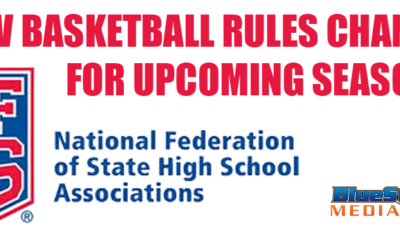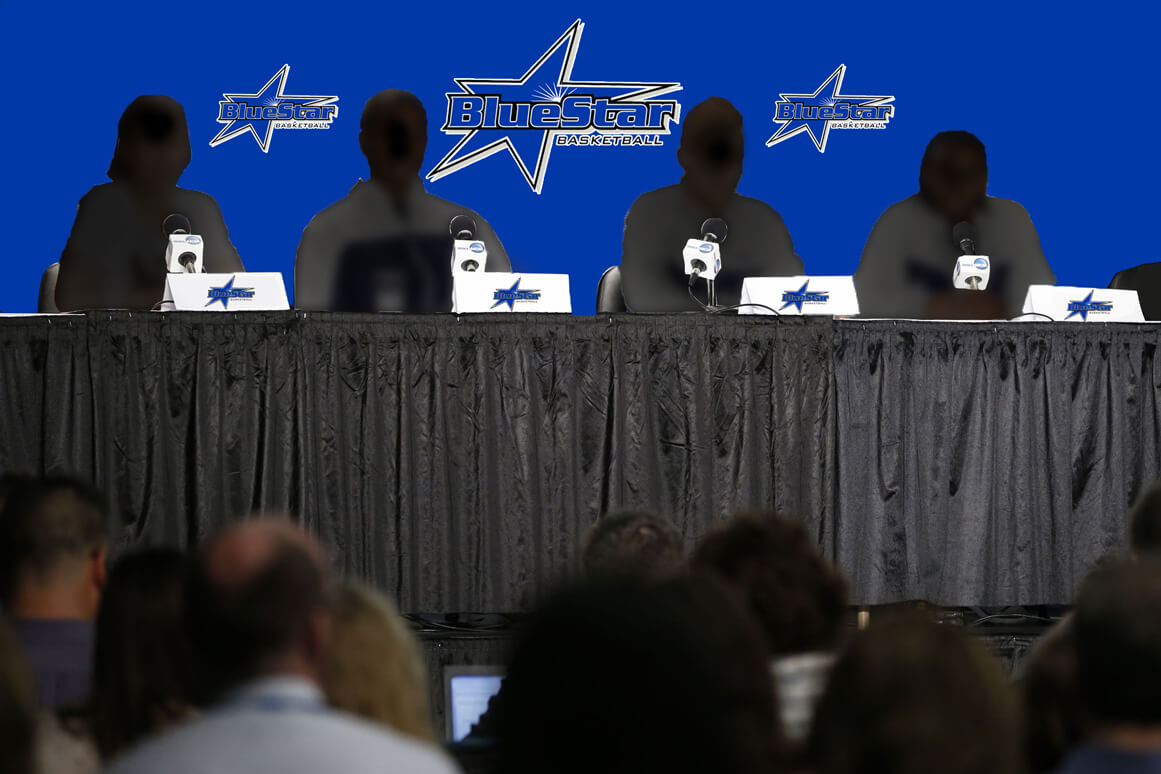
TAMPA — Dawn Staley doesn’t look all that different than when she last stepped on the floor at a Women’s Final Four 23 years ago.
The South Carolina coach team watched her team conduct its open practice on Saturday, occasionally with her hands in her gray baggy shots, or tossing a ball to a shooter.
If you let your mind step back in time, you can easily picture the Virginia All-American point guard who led her team to the Final Four three times in a row from 1990-92.
Her presence still radiates, but in so many more ways, even beyond her multiple Olympic gold medals, professional playing career and recent induction into the Naismith Basketball Hall of Fame.
Now at 44, Staley is presiding over one of the most significant rises of a women’s program in quite some time.
Not only are the Gamecocks the new faces at the Final Four, basking in a No. 1 ranking and SEC regular season and tournament titles, but what has transpired around the program off the court has been just as impressive.
South Carolina has been the national attendance leader all season, pulling in 12,293 at Colonial Life Arena. On the road, caravans of buses have frequented nearby interstates, including last weekend’s Greensboro regional. More are expected to roll in for Carolina’s national semifinal game here with Notre Dame that tips off at 6:30 p.m. ET. 
It was 20 years ago that UConn won its first national championship and triggered a statewide fan and media following that remains unique, as the Huskies have become the dominant force in the sport.
Since Staley is new here — as a coach — she wasn’t immune to a question that’s been asked of others who’ve climbed so high, and reached as far as into the final weekend of the season (and I’m paraphrasing here):
Can you do something for the good of the game and not let Connecticut win all the time? Staley answered in her own way.
“I think we’ve done it the right way,” she said during her team’s media availability at Amalie Arena. “We’re patient, we’ve worked our tails off to get talent in our program. When it boils down to it, you need talent to dethrone a team or a dynasty like UConn.
“But I think it’s a great story that we’re here.”
The story of South Carolina’s rise is an unlikely one, not all that different from the challenge Geno Auriemma faced when he arrived in Storrs 30 years ago: A basketball backwater and an afterthought.
Staley had turned around a woeful Temple program in her hometown of Philadelphia, posting a school record with 172 wins, when the chance to coach in the SEC beckoned in 2008.
The Gamecocks had been floundering for years, unable to compete in the conference or for even a few of the many talented in-state players who were leaving for North Carolina, UConn, Tennessee, and other elite destinations.
Former athletics director Eric Hyman took something of a flyer not in hiring Staley, to be sure, but in laying down some serious cash: A reported $250,000 base salary, the same as then men’s-coach Darrin Horn, and a total annual package of $650,000.
Her guaranteed income was more than baseball coach Ray Tanner, the baseball coach at the time, who wasn’t happy about that. (He’s now her boss after Hyman left for Texas A & M and can’t rave enough about her). Staley’s contract came as other women’s programs were getting similar “investments,” but without the payoff.
(A good example: Last month, after 11 largely underachieving seasons, Kansas pulled the plug on the Bonnie Henrickson era, but has taken its time finding a successor.)
Initially, Staley didn’t create much a “wow” factor. The Gamecocks didn’t have much talent, and her first two seasons were losing ones. She pulled in a colossal recruit in Texas post player Kelsey Bone, who transferred to Texas A & M after just one season.
And Staley wasn’t convincing the best South Carolina prep players to stay at home. She didn’t recruit Aleighsa Welch, a versatile forward from Goose Creek, who really wanted to be a Gamecock.
After Welch poured in 36 points in leading her team to a state championship, Staley offered her a scholarship. Like football coach Steve Spurrier, who signed in-state stars in Marcus Lattimore and Jadaveon Clowney, Staley has turned the corner by getting kids to stay at home.
 Eight players on the Gamecocks roster are from South Carolina, and others, like All-American guard and SEC player of the year Tiffany Mitchell are from close by (Charlotte, N.C.). The signing of A’ja Wilson of Hopkins, S.C., last year’s top prep senior nationwide, was the culmination of some hard-won lessons of building a program.
Eight players on the Gamecocks roster are from South Carolina, and others, like All-American guard and SEC player of the year Tiffany Mitchell are from close by (Charlotte, N.C.). The signing of A’ja Wilson of Hopkins, S.C., last year’s top prep senior nationwide, was the culmination of some hard-won lessons of building a program.
“I think they were fortunate there was so much talent in the state of South Carolina,” Notre Dame coach Muffet McGraw said. “And then when you start to win, that attracts more good players. Good players want to play with good players, so that’s really been flourishing for Dawn.”
Behind the scenes, athletics department officials saw a grassroots marketing opportunity in the only non-revenue sport with a realistic chance to grow a fan base. They conducted market research — and came up with affordable season ticket plans.
These actions are not new — women’s ticket prices have been low for years — but the labor but into smart promotional efforts has paid off. Staley has been a tireless promoter of her program and a supporter of other teams at South Carolina, where fan loyalty can be as intense as it is fickle.
She may experience that feeling someday, but for right now, Staley and her team are what Spurrier, who’s expected to be in attendance Sunday, calls “the toast of this university.”
Perhaps the most appropriate question about what Staley has built could be this: Can the Carolina formula work elsewhere? She thinks so, without hesitation.
“We’re not here off of luck,” Staley said. “Our team worked to get in this position, and it just goes to show some of those other programs that if you continue to work and continue to recruit and you continue to do things the right way, I think the basketball gods will put you in this position.”
Wendy Parker is a sportswriter and web editor who has covered women's basketball since the early 1990s. She is a correspondent for Basketball Times and formerly covered women's and college sports, soccer and the Olympics at The Atlanta Journal-Constitution. She is the author of "Beyond Title IX: The Cultural Laments of Women's Sports," available on Amazon, and the creator of Sports Biblio, a blog about sports books and history.

Latest Articles
-


Basketball
/ 3 days agoAAU 3on3 Highlights WBHoF 25th Anniversary Weekend
KNOXVILLE – The 25th anniversary weekend celebration of the Women’s Basketball Hall of Fame...
By Mike Flynn -


Christopher Lawlor
/ 6 days agoGONE PRO: Blue Star Media Elite 25 football rankings’ regulars Bishop Gorman (NV) and IMG Academy (FL) lead 2024 NFL Draft with three selections apiece
BENSALEM, Pa. – One of the greatest three day stretches annually in professional sports...
-


Basketball
/ 1 week agoREVISIONS: National Federation of State High School Associations announce rule changes for upcoming season; flopping will incur a technical foul
BENSALEM, Pa. – Floppers, beware, you will be warned once before being issued a...
-


Christopher Lawlor
/ 4 weeks agoUSA sweeps World Team at Nike Hoops Summit; Flagg propels men’s team with 19 points while women’s team launches fourth quarter onslaught to complete rally
PORTLAND, Oregon – Call it sweet sweep for the Americans at the Nike Hoops...



